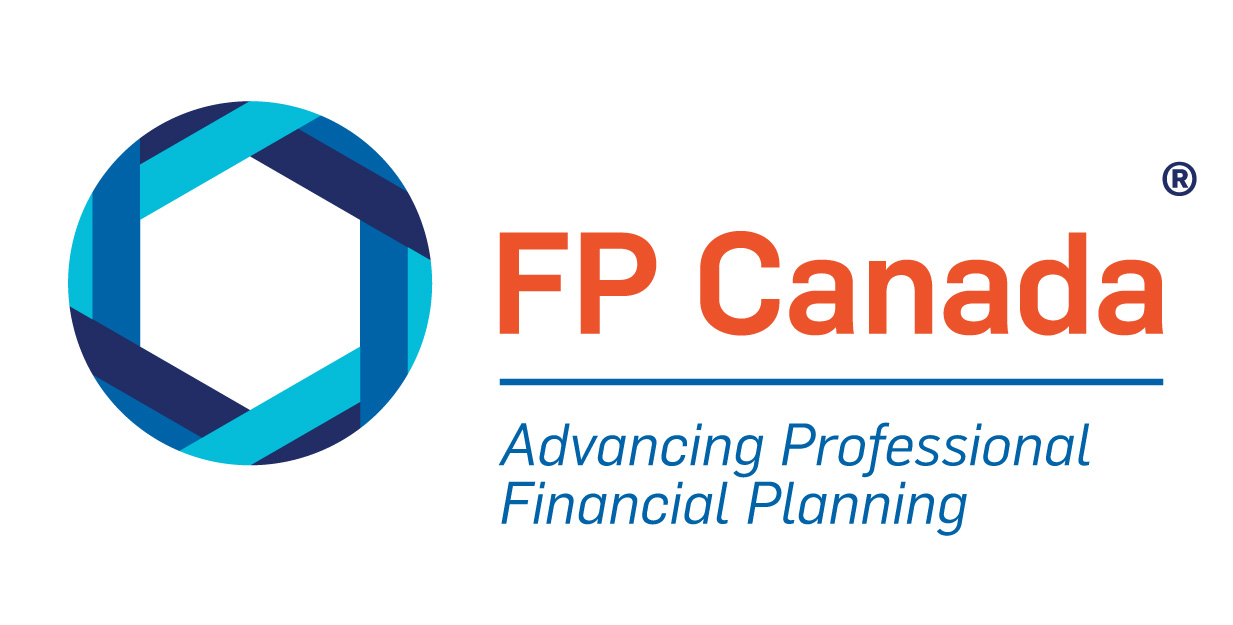Working in the gig economy can lead to an unpredictable financial situation. But it doesn't have to be that way.
There are many benefits to being your own boss. You get to enjoy flexible work hours, pick and choose the most exciting projects and contracts, and take vacations whenever you please. Unfortunately, alongside these benefits, you may encounter some challenges. A few of the biggest include income fluctuations and a lack of employment insurance or benefits.
Some months, you might feel like you're rolling in money. Others, you'll may have to tighten your belt. Without adequate planning, this income uncertainty can wreak havoc on your budgeting, saving, and debt management plans.
Whether you’re a freelancer, contractor, or commissioned worker, there are strategies you can use to lessen the challenges of working in the gig economy — and set the stage for a rewarding future. David Salloum, a CFP® professional and senior wealth advisor with RBC Dominion Securities in Edmonton, shares his tips for thriving in the gig economy.
3 Tips to Stay on Track
For those facing fluctuating income, Salloum shares the following tips.
1. Budget The Basics
Budgeting is crucial, but establishing a budget without a regular income can be challenging. But it’s absolutely essential to understand how much money you need for basic living expenses, including the following:
- Life insurance
- Rent or mortgage
- Utilities
- Groceries
- Transportation
- Phone and internet costs
Knowing how much you need each month will allow you to avoid constantly shuffling funds from one account to another to cover the necessities.
2. Prepare For The Unexpected
It’s important to be prepared for anything. You never know when job loss, medical emergencies, or unexpected home or vehicle repairs might pop up. That's why creating an emergency fund is a such a smart move. Aim to have three to six months worth of living expenses saved in a separate account. That way, if something unexpected happens, you can still pay your bills while keeping credit card debt, personal loans, and stress to a minimum.
3. Stay Up to Date
Keep your budget and financial plan as current as possible. That means revisiting your budget and financial plan on a regular basis, particularly when circumstances change. These documents should be flexible enough to adapt to changes and shifting priorities.
Your efforts to stay up to date should also extend beyond money matters. During slower periods, take the time to update your skills and areas of expertise.
Seek Financial Stability With a Professional
The steps above are just the beginning. A CFP professional or QAFP® can help steer you in the right direction and ensure you allocate funds where they can make the biggest difference, such as the following places:
- House insurance
- Health and benefits packages
- Income taxes
- Children’s education
- Retirement
- Debt
The challenges that come with gig work can be daunting, but having a solid financial plan in place that covers all your bases can greatly reduce your financial stress. Taking this step “will help bring control, peace of mind, and confidence in knowing that you can deal with whatever may come along,” says Salloum.
To find a CFP professional or QAFP professional who can help you plan your finances in the gig economy, use our
Find Your Planner tool.

 Find Your Financial Planner
Find Your Financial Planner

